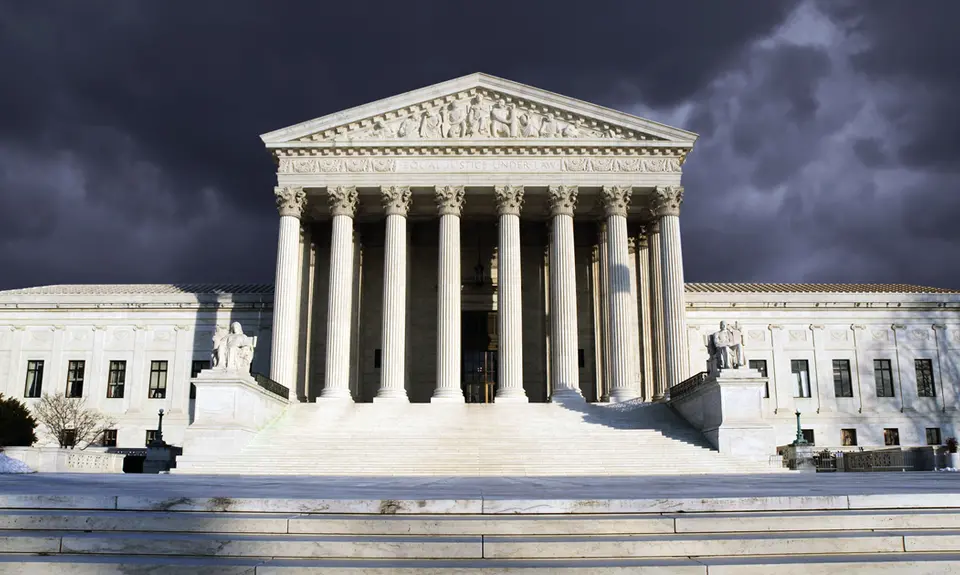“Confirmed Judges, Confirmed Fears” is a blog series documenting the harmful impact of President Trump’s judges on Americans’ rights and liberties. Cases in the series can be found by issue and by judge at this link.
Trump Supreme Court justices Brett Kavanaugh and Neil Gorsuch cast deciding votes in several 5-4 rulings to allow the first federal executions in more than 15 years to proceed despite stays entered by a lower court to address several constitutional claims against the imposition of the death penalty in these cases. The July 2020 rulings were in Barr v. Lee and Barr v. Purkey.
After a recent and highly controversial ruling by two Trump D.C. Circuit judges generally approving new proposed protocols for federal prisoner executions, the Department of Justice (DOJ) proceeded to try to carry out its first execution in seventeen years against Daniel Lewis Lee. A federal district court judge placed a temporary hold on Lee’s execution, finding that he and others were likely to succeed on their claims that the federal lethal injection protocol violates the Eighth Amendment’s ban on cruel and unusual punishments.
DOJ went to the Supreme Court. In an unsigned 5-4 order in which Kavanaugh and Gorsuch cast deciding votes, the majority lifted the stay and allowed the execution to proceed. The majority maintained that Lee was unlikely to succeed in light of previous Court decisions approving states’ methods of execution, and criticized what it called the “last-minute intervention” of the district court to temporarily delay the execution.
All four moderate justices strongly dissented. Justice Sotomayor criticized the majority for setting a “dangerous precedent” by accepting DOJ’s “artificial claim of urgency to truncate ordinary procedures of judicial review.” As a result, she continued, “there will be no meaningful judicial review of the grave, fact-heavy challenges respondents bring to the way in which the Government plans to execute them,” producing “the most irreparable of harms without the deliberation such an action warrants.”
Less than a week later, the Court issued another 5-4 order lifting a temporary stay of execution of another federal prisoner, Wesley Ira Purkey. The district court had put a hold on his execution to more fully evaluate claims by his lawyers that he was not sufficiently mentally competent to be executed under Supreme Court precedent. Kavanaugh and Gorsuch provided deciding votes for the Court to grant DOJ’s request in a one-sentence order, without even providing any explanation.
The four moderate justices again strongly dissented. Justice Breyer explained that both the Purkey and Lee cases showed “serious legal defects of a kind that have long plagued the administration of the death penalty in the United States” and, joined by Justice Ginsburg, called for reconsideration of the constitutionality of the death penalty. Justice Sotomayor, joined by all the other moderate justices, pointed out that going forward immediately with Purkey’s execution, “despite the grave questions and factual findings regarding his mental competency, casts a shroud of constitutional doubt over the most irrevocable of injuries.”
These troubling rulings by the Court provide a concrete example of one of the many consequences of Brett Kavanaugh replacing Justice Anthony Kennedy, who often provided a decisive fifth vote to limit the death penalty.
